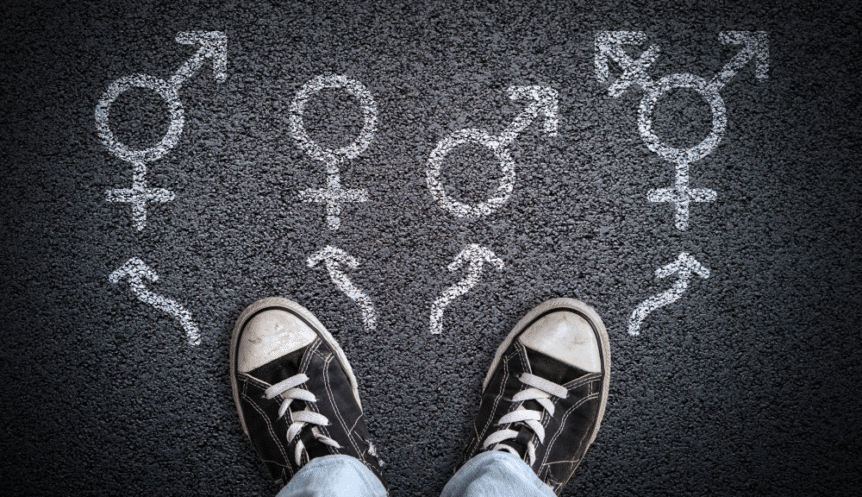What is gender dysphoria? This mental health concern relates to a sense of discomfort and lack of agreement with assigned sex and gender at birth.
People who experience gender dysphoria have to contend with a number of issues. These are related to personal identity, self-expression, and acceptance by their friends, families, and communities.
The struggle to find an identity that feels right on a personal level can cause feelings of frustration, as can adjusting to living life with that identity.
Do you feel like your assigned sex and gender don’t match your innate sense of self? A qualified and skilled LGBTQIA2S+ counsellor can help you understand how to work through feelings and build effective coping mechanisms.
This can make it easier to live life in an identity that feels right for you.
Understanding Gender Dysphoria
What Does Gender Dysphoria Feel Like?
People who experience gender dysphoria identify with a different gender than the one that they’re assigned or assumed to be. At its core, gender dysphoria is related to gender identity.
Individuals dealing with gender dysphoria may hold these feelings inside themselves. They may also express their preferred gender to others, for example through their clothes and way of speaking.
No matter how someone chooses to express themselves, gender dysphoria is by definition a condition that causes significant impairment. The stress of dealing with conflicting gender standards and a lack of a unified personal identity can quickly add up. These feelings can make it difficult to simply take part in daily life and participate in activities like working, socializing, and doing everyday tasks.
Is Gender Dysphoria a Mental Illness?
That question itself is too simplified. The feeling that assigned gender differs from a person’s true sense of self is not a mental illness. However, untreated gender dysphoria often causes stress that can lead to the development of mental health concerns, like anxiety and depression.
How Do You Get Diagnosed with Gender Dysphoria?
Your primary care physician can diagnose this type of dysphoria and is the first step to effective treatment. They can also write a prescription for hormonal treatment used to transition and provide a referral for surgery to affirm gender.
These are not requirements for dealing with dysphoria, but are popular and effective treatments as aligning your outward appearance and innate gender identity can lead to less stress and impairment.
Qualified LGBTQIA2S+ counsellors understand how to help with gender dysphoria in regards to your mental health. They can provide caring and individualized support for dealing with the mental and emotional burdens that come with dysphoria and help you develop good habits and find new ways of thinking.
Regardless of where you are in the process, a counsellor can help you navigate these changes. Need support? Our counsellors are here to help.

